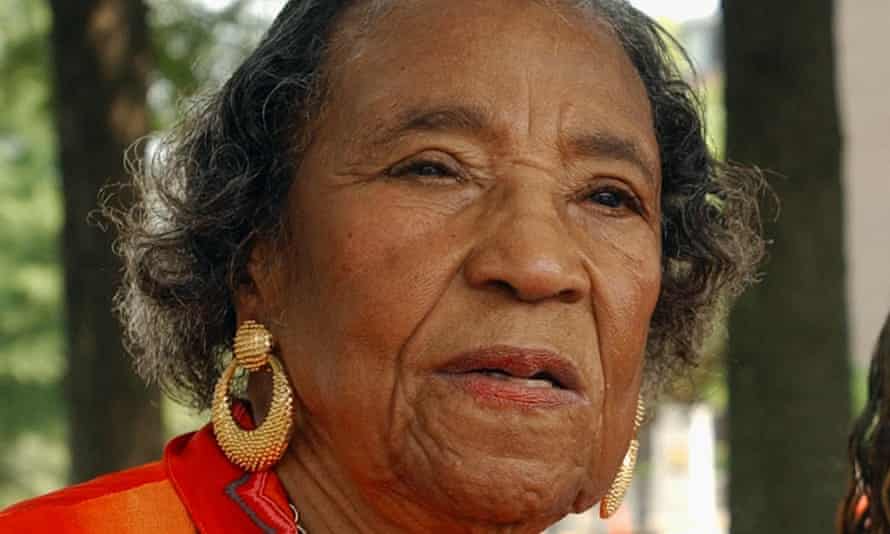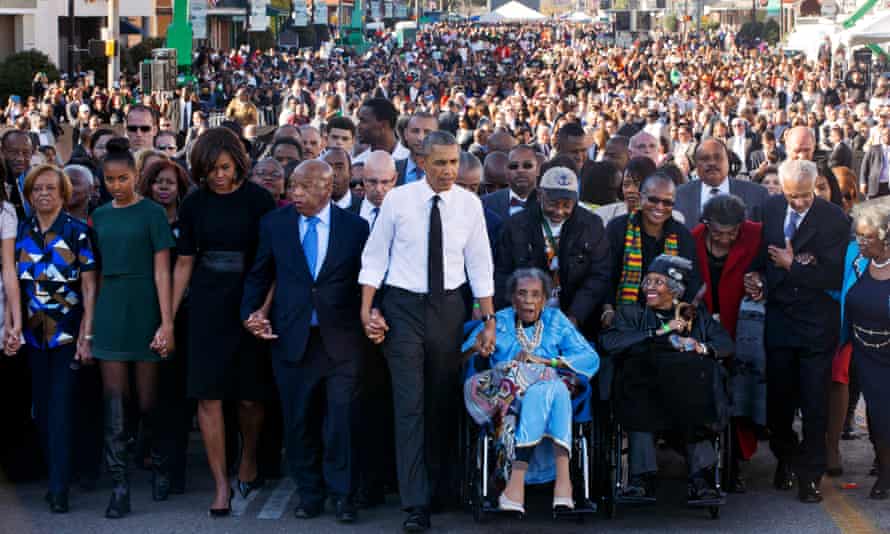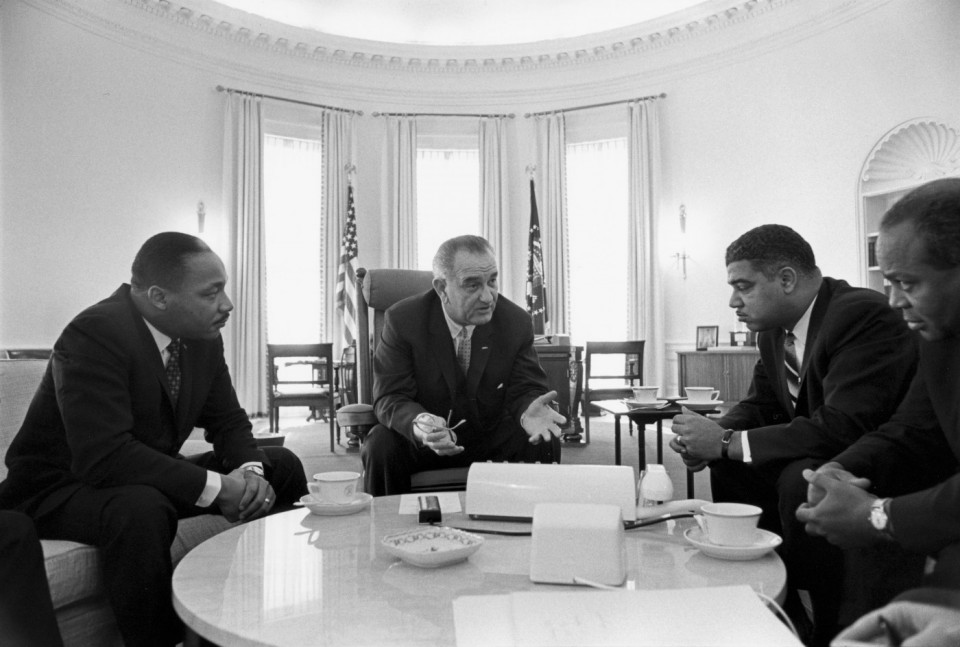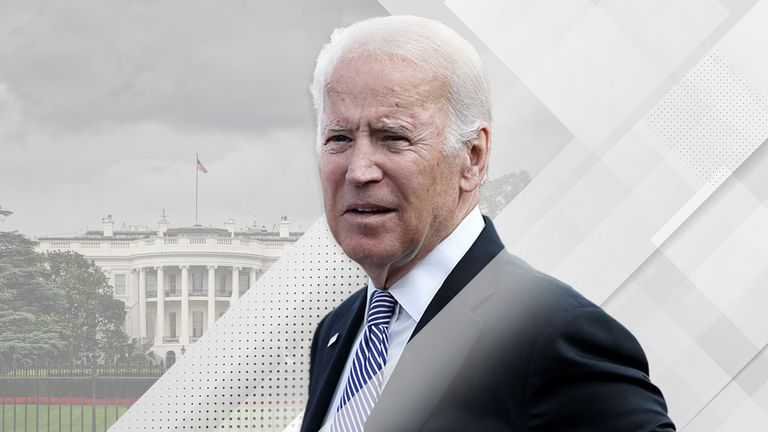Newspaper & online reporters and analysts explore the cultural and news stories of the week, with photos frequently added by Esco20, and reveal their significance (with a slant towards Esco 20's opinions)
December 30, 2021
March 7, 2021
Voting Rights: Democracy doesn’t happen by accident

Black Americans outnumbered white Americans among the 29,500 people who lived in Selma, Alabama, in the 1960s, but the city’s voting rolls were 99% white. So, in 1963, Black organizers in the Dallas County Voters League launched a drive to get Black voters in Selma registered. The Student Nonviolent Coordinating Committee, a prominent civil rights organization, joined them.
In 1964, Congress passed the Civil Rights Act, but it did not adequately address the problem of voter suppression. In Selma, a judge had stopped the voter registration protests by issuing an injunction prohibiting public gatherings of more than two people.

King and other prominent members of the Southern Christian Leadership Conference arrived in January to press the voter registration drive. For seven weeks, Black residents tried to register to vote. County Sheriff James Clark arrested almost 2000 of them for a variety of charges, including contempt of court and parading without a permit. A federal court ordered Clark not to interfere with orderly registration, so he forced Black applicants to stand in line for hours before taking a “literacy” test. Not a single person passed.
Then, on February 18, white police officers, including local police, sheriff’s deputies, and Alabama state troopers, beat and shot an unarmed 26-year-old, Jimmie Lee Jackson, who was marching for voting rights at a demonstration in his hometown of Marion, Alabama, about 25 miles northwest of Selma. Jackson had run into a restaurant for shelter along with his mother when the police started rioting, but they chased him and shot him in the restaurant’s kitchen.
Jackson died eight days later, on February 26. The leaders of the Southern Christian Leadership Conference in Selma decided to defuse the community’s anger by planning a long march—54 miles-- from Selma to the state capitol at Montgomery to draw attention to the murder and voter suppression. Expecting violence, the Student Nonviolent Coordinating Committee voted not to participate, but its chair, John Lewis, asked their permission to go along on his own. They agreed.
On March 7, 1965, the marchers set out. As they crossed the Edmund Pettus Bridge, named for a Confederate brigadier general, Grand Dragon of the Alabama Ku Klux Klan, and U.S. senator who stood against Black rights, state troopers and other law enforcement officers met the unarmed marchers with billy clubs, bull whips, and tear gas. They fractured John Lewis’s skull, and beat Amelia Boynton unconscious. A newspaper photograph of the 54-year-old Boynton, seemingly dead in the arms of another marcher, illustrated the depravity of those determined to stop Black voting.
Images of “Bloody Sunday” on the national news mesmerized the nation, and supporters began to converge on Selma. King, who had been in Atlanta when the marchers first set off, returned to the fray.
Two days later, the marchers set out again. Once again, the troopers and police met them at the end of the Edmund Pettus Bridge, but this time, King led the marchers in prayer and then took them back to Selma. That night, a white mob beat to death a Unitarian Universalist minister, James Reeb, who had come from Massachusetts to join the marchers.

On March 15, President Lyndon B. Johnson addressed a nationally televised joint session of Congress to ask for the passage of a national voting rights act. “Their cause must be our cause too,” he said. “[A]ll of us… must overcome the crippling legacy of bigotry and injustice. And we shall overcome.” Two days later, he submitted to Congress proposed voting rights legislation.

The marchers remained determined to complete their trip to Montgomery, and when Alabama’s governor, George Wallace, refused to protect them, President Johnson stepped in. When the marchers set off for a third time on March 21, 1,900 members of the nationalized Alabama National Guard, FBI agents, and federal marshals protected them. Covering about ten miles a day, they camped in the yards of well-wishers until they arrived at the Alabama State Capitol on March 25. Their ranks had grown as they walked until they numbered about 25,000 people.
On the steps of the capitol, speaking under a Confederate flag, Dr. King said: “The end we seek is a society at peace with itself, a society that can live with its conscience. And that will be a day not of the white man, not of the black man. That will be the day of man as man.”
That night, Viola Liuzzo, a 39-year-old mother of five who had arrived from Michigan to help after Bloody Sunday, was murdered by four Ku Klux Klan members tailing her as she ferried demonstrators out of the city.
On August 6, Dr. King and Mrs. Boynton were guests of honor as President Johnson signed the Voting Rights Act of 1965. Johnson recalled “the outrage of Selma” when he said "This right to vote is the basic right without which all others are meaningless. It gives people, people as individuals, control over their own destinies."
The Voting Rights Act authorized federal supervision of voter registration in districts where African Americans were historically underrepresented. Johnson promised that the government would strike down “regulations, or laws, or tests to deny the right to vote.” He called the right to vote “the most powerful instrument ever devised by man for breaking down injustice and destroying the terrible walls which imprison men because they are different from other men,” and pledged that “we will not delay, or we will not hesitate, or we will not turn aside until Americans of every race and color and origin in this country have the same right as all others to share in the process of democracy.”
But less than 50 years later, in 2013, the Supreme Court gutted the Voting Rights Act. The Shelby County v. Holder decision opened the door, once again, for voter suppression. Since then, states have made it harder to vote. And now, in the wake of the 2020 election, in which voters handed control of the government to Democrats, legislatures in 43 states are considering sweeping legislation to restrict voting, especially voting by people of color. Among the things Georgia wants to outlaw is giving water to voters as they wait for hours in line to get to the polls.

The fact sheet from the White House announcing the executive order explained: “democracy doesn’t happen by accident. We have to defend, strengthen, and renew it.” Or, as Representative Lewis put it: “Never, ever be afraid to make some noise and get in good trouble, necessary trouble.”
March 4, 2021
House Approves Major Election And Campaign Finance Reform Bill

Rep. John Sarbanes, D-Md.,
The House has once again passed a bill aimed at voter reform and campaign finance overhaul. The Wednesday night vote was 220-210.
Democrats reintroduced the bill in January, after passing it in 2019, banking on the party's narrow majority in the Senate to get it passed through both chambers this cycle.
The bill seeks to "to expand Americans' access to the ballot box, reduce the influence of big money in politics, strengthen ethics rules for public servants, and implement other anti-corruption measures for the purpose of fortifying our democracy, and for other purposes."
The bill's language calls for a complete overhaul of the current system, which varies widely by state and which critics say promote unfair barriers to voting. Included in the act is mandatory automatic voter registration, restoring voting rights to people with completed felony sentences, and a reversal of state voter ID laws that would allow citizens to make a sworn statement affirming their identity if they are unable to produce an ID.
The 2021 "For the People Act" is a reboot of a 2019 bill of the same name. At the time, the House passed the bill along party lines, but it never had a chance to move forward in the Senate, which was controlled then by Republicans.
In addition to revamping voting laws, the bill also takes aim at "dark money" in politics by requiring organizations to disclose large donors and creates a matching system for small donations.
"Our democracy is in a state of deep disrepair. During the 2020 election, Americans had to overcome rampant voter suppression, gerrymandering and a torrent of special interest dark money just to exercise their right to vote. Across the country, people of all political persuasions – including Democrats, Independents and Republicans – are profoundly frustrated with the chaos, corruption and inaction that plague much of our politics," House Speaker Nancy Pelosi, House Administration Chair Zoe Lofgren and Rep. John Sarbanes said in a joint statement earlier this year.
"That's why House Democrats are doubling down on our longstanding commitment to advance transformational anti-corruption and clean election reforms by again passing H.R. 1, the For the People Act."
House Democrats have fresh motivation to pass the bill. In the most recent election cycle, Senate Democrats were able to capture 50 of the 100 seats. Vice President Harris casts the final vote in the event of a tie, effectively giving Democrats a slim majority in the chamber.
Republicans, however, are fighting against efforts to simplify the voting process, and GOP-led state legislatures are in fact seeking to make it more difficult in a dozens of states after the party's 2020 election losses.
GOP lawmakers cite election security as cause for the efforts to tighten voter laws, but claims of widespread voter fraud are rooted in disinformation.



